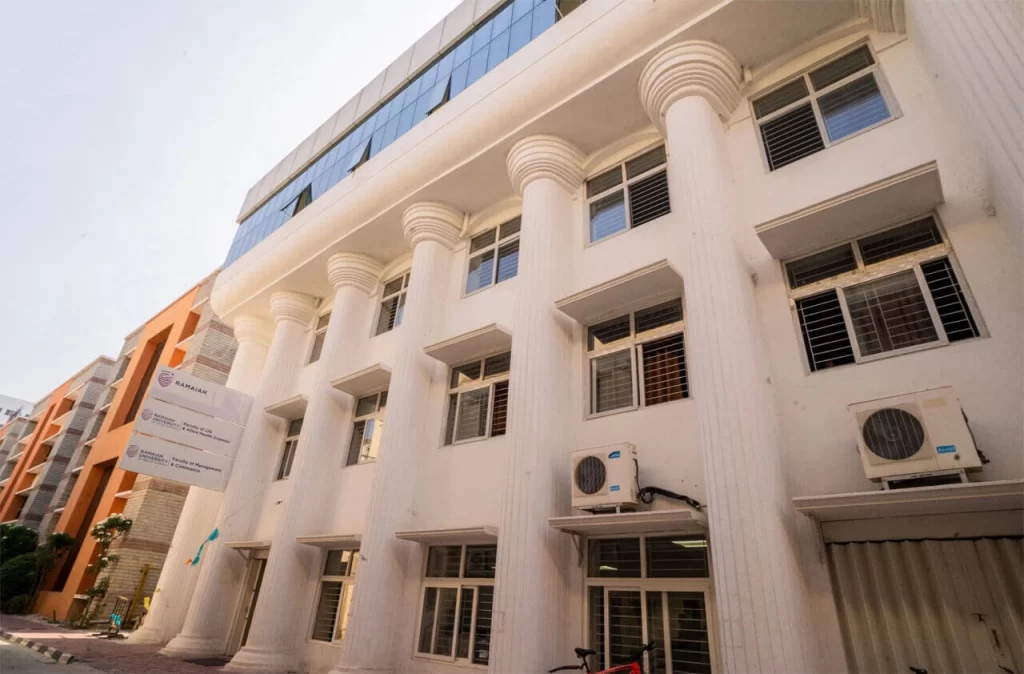Karnataka is taking a proactive step in the realm of higher education by organizing a national-level conclave to discuss the UGC draft regulations, which have sparked significant controversy across the country. This event, set to gather key stakeholders in education, aims to tackle crucial policy issues surrounding the draft rules and their potential implications for the future of India’s higher education system.
In this article, we will cover who is attending, the key discussion points, and the potential outcomes of this high-profile meeting, shedding light on what students, parents, and educators can expect from this important event.
Why Is Karnataka Organizing This National Meet?
The UGC draft rules have caused a stir, with several states, including Tamil Nadu, Kerala, and Karnataka, expressing concerns over their potential impact on state autonomy in educational matters. These concerns stem from the increasing centralization of policies, particularly in areas like university administration, curriculum frameworks, and faculty hiring processes.
Karnataka’s initiative to organize this conclave is a direct response to the controversy. The state aims to bring together education ministers, legal experts, and other key stakeholders to discuss how the UGC draft regulations could affect state control over higher education institutions. This event will provide a platform for states to present a unified stance on the issue and explore possible policy changes or legal challenges.
The conclave is particularly significant because it represents the ongoing debate over state vs. central control in higher education—a theme that has sparked passionate discussions across the nation.
Who Will Attend the Conclave?
The conclave will bring together a variety of key stakeholders from across the country. This includes:
- Education Ministers from multiple states, including those from Karnataka, Tamil Nadu, and Kerala, who have actively voiced concerns over the UGC draft rules.
- University Representatives and academic bodies, who will provide their expert opinions on how the regulations could impact academic institutions.
- UGC Officials (if invited) to offer insights into the regulatory framework and its intended objectives.
- Legal Experts, who will likely discuss the constitutional implications of these rules and explore whether states can legally challenge them in court.
The presence of such a diverse group ensures that the conclave will be a balanced discussion involving various perspectives on the future of India’s higher education policies.
Key Topics to Be Discussed
The conclave will cover a range of pressing issues concerning the UGC draft rules and their potential effects on universities, students, and the overall education system in India. Some of the key topics on the agenda include:
🔹 State vs. Central Control in Higher Education
One of the central points of contention is the balance of power between state governments and the central government in regulating higher education. VC appointments, curriculum standards, and funding models are areas where states feel they have lost control, and the conclave will provide a space to debate these issues.
🔹 Impact of UGC Rules on Universities & Students
The draft regulations could bring major changes to how universities operate, including their autonomy, the hiring process for faculty, and academic freedom. These changes could have far-reaching effects on the quality of education and the ability of universities to innovate and grow.
🔹 Legal & Policy Strategies for States
The conclave will likely discuss potential legal challenges or policy pushback from participating states. Karnataka, in particular, may take the lead in organizing a joint petition or legal action against the UGC draft rules. Additionally, there could be talks about forming a State Higher Education Consortium, aimed at negotiating with the central government over the proposed changes.
Expected Outcomes & Next Steps
While the conclave may not immediately result in any drastic changes, it is expected to lead to a joint resolution or statement from participating states. This could outline their collective stance on the UGC draft rules and suggest next steps for both policy advocacy and legal action.
Karnataka, as the host, will likely push for further consultations with central authorities, and there could be calls for policy amendments or a reformulation of the draft rules to address state concerns.
Ultimately, the discussions at this conclave could play a crucial role in shaping the future of UGC reforms and determining the balance of power between states and the central government in the realm of higher education.
Also Read : Explained: Why TN, Kerala and Karnataka are against the UGC draft regulations
Conclusion & Key Takeaways
Karnataka’s leadership role in organizing this national meet demonstrates the state’s commitment to ensuring that its educational institutions retain their autonomy amidst growing concerns over centralization in policy-making. The outcomes of this conclave could significantly influence future policy decisions at the central level, potentially altering the course of UGC reforms in India.
For students, parents, and educators, it is crucial to stay informed and actively follow developments surrounding these discussions, as they could affect everything from admissions to faculty recruitment in the years to come.



0 Comments